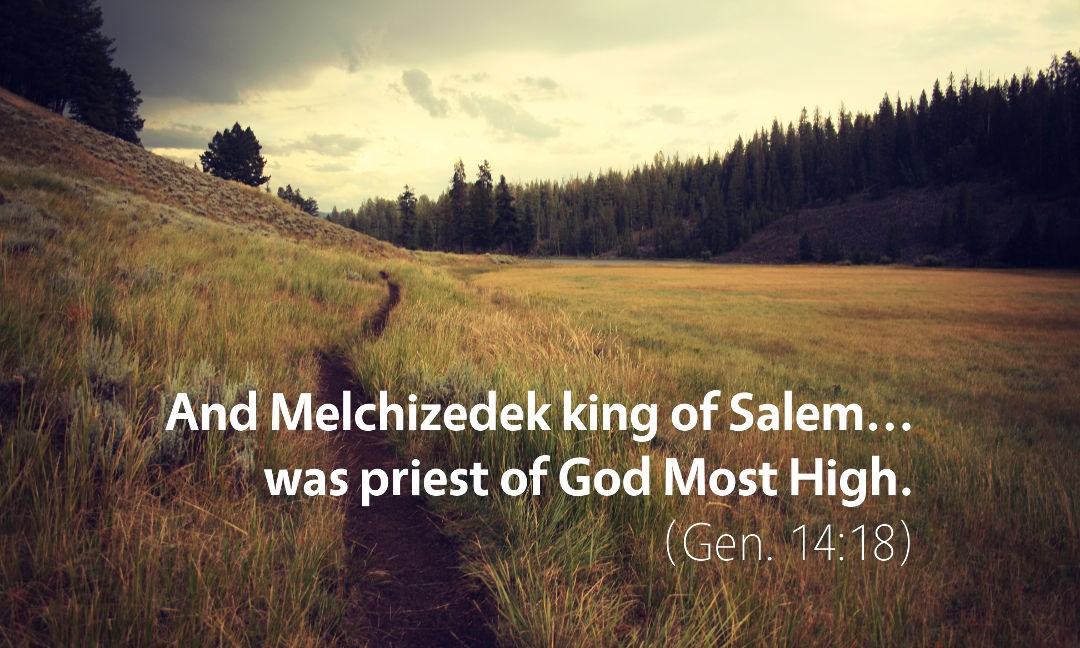Bible Readings for January 13th
Genesis 14 | Matthew 13 | Nehemiah 3 | Acts 13
In our meditation on Genesis 11, we mentioned that Babylon (Babel) is the archenemy of the people of God throughout the Scriptures. In Genesis 14, we meet Babylon again through Amraphel, the king of Shinar—that is, the king of Babylon (Gen. 10:10). Amraphel leads a group of kings into war against the kings of Sodom, Gomorrah, Admah, Zeboiim, and Bela, because those kings had failed to pay the tribute (taxes) they owed to one of Babylon’s allies, Chedorlaomer, the king of Elam.
The Babylonian king and his allies easily defeat the kings of Sodom, Gomorrah, and the other three cities, so they plunder the defeated cities to get their back taxes. Along the way, the Babylonian king and his allies capture Lot, Abram’s nephew, who was living in Sodom at the time (Gen. 14:12). As soon as Abram finds out, he gathers 318 of his household servants and marches through the night to defeat the Babylonians and their allies, rescuing Lot from his captivity to them.
The notable event from Genesis 14, however, is not Abram’s bravery or military cunning. Rather, the important passage in Genesis 14 happens when Abram is on his return home, when he meets Melchizedek, the king of Salem. Almost certainly, Salem is an early name for the city we know as Jeru-salem, the city of the people of God.
So Melchizedek, the king of Jerusalem, who is also a priest (Gen. 14:18), comes out to meet Abram, gives him bread and wine, and blesses him in the name of God Most High (Gen. 14:19–20). This event is pivotal in salvation history because God later promises in Psalm 110 that another king of Jerusalem would be appointed as a priest forever, after the order of Melchizedek (Ps. 110:4). This was strange, because all kings of Israel came from the tribe of Judah, in the line of David, and God had commanded that priests must be from the tribe of Levi, in the line of Aaron. So, how could a king of Jerusalem possibly serve as a priest?
Ultimately, the author of Hebrews would insist that this prophesy points to Jesus, the king of Jerusalem in the line of David, who qualifies as a priest not because he descends from Aaron but according to the order of Melchizedek (Heb. 7:1–28). Long before the old covenant priesthood was established, Aaron’s forefather Abram was blessed by a king-priest who foreshadowed the ultimate King-Priest, Jesus.
Jesus was never Plan B. Jesus was always God’s ultimate purpose for the salvation of the world, something we see by the introduction of Melchizedek all the way back here in Genesis 14. Here, at the first clash between Babylon and Jerusalem, we are seeing Jesus Christ announced, but in a veiled, shadowy way that we will only fully understand as we read the rest of the story.
Podcast: Play in new window | Download (4.8MB) | Embed
Subscribe: Apple Podcasts | RSS | More

Scripture quotations are from The Holy Bible, English Standard Version copyright © 2001 by Crossway Bibles, a division of Good News Publishers. Used by permission. All rights reserved.



Jacob you have done such a fantastic job explaining not just the history, but link what is going on in this chapter with Gods redemptive purpose. The chapter was already so difficult to read because of all the foreign names. Thank you for making it possible to understand with this simple mind. Monica Dawson
Thanks, Monica! It’s an encouragement to know that this study is a benefit to people. 🙂
Good to hear from you—I hope you all are well!